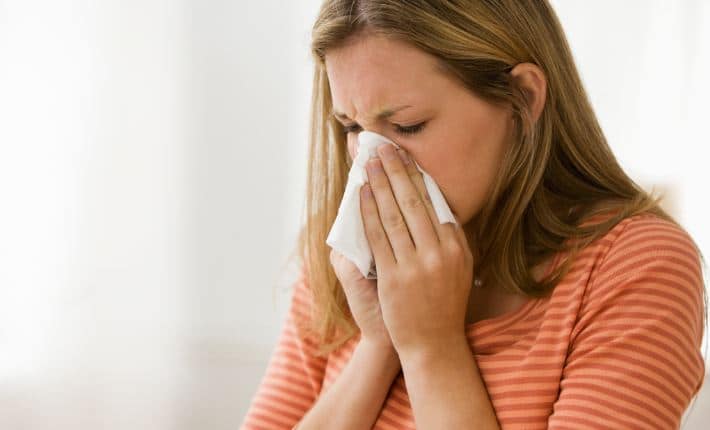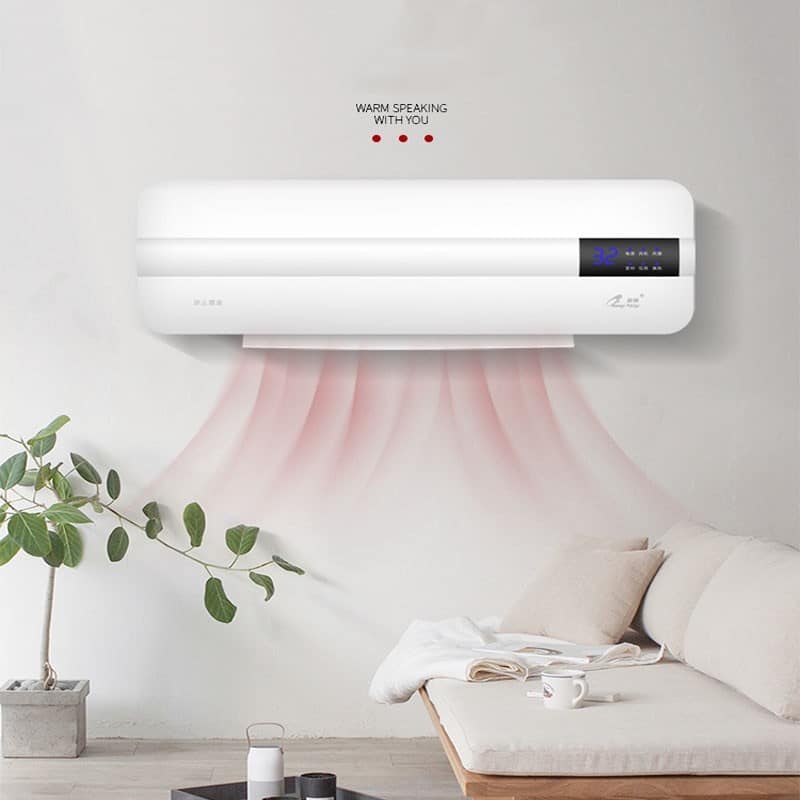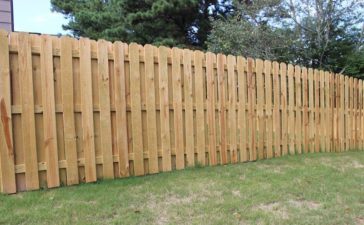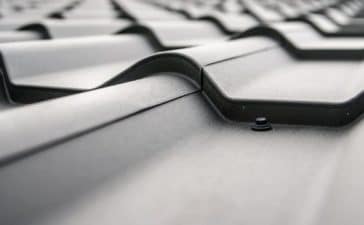
More and more people are suffering with allergies in the modern world, and why the exact reasons for this are heavily debated, the fact remains that millions of people around the world have their lives disrupted to some degree by allergies.
Many things can cause allergies, and it is often individual to that person, what exactly makes their allergies flare up.
For some, the allergies are seasonal, coming into force when the flowers and trees are growing and spreading pollen, and the allergy often remains until the world is going back into autumn and winter seasons.
For others, things like dust, mould, pet dander and traffic fumes can set off their allergies. There are really limitless things that can cause allergies in someone who is sensitive.
Of course, if a person is allergic to a certain food, or material, they will avoid that particular allergen, but when they are airborne, it is much harder to control.
Can air purifiers help to make a sufferer more comfortable? Let’s have a look and find out.
What Is An Air Purifier?
Well, as it sounds, an air purifier is there to purify, or clean, the air within an enclosed space.
They do not work outdoors, but they can be used on any indoor, enclosed space.
The air outside is constantly circulating, which is why when you step outside you get that ‘fresh air’ smell, but it is much harder for an indoor space to have that same amount of circulation, leading the the air becoming stale, pollutants such as allergens and traffic pollution, and smells can all get trapped and re circulate around a room.
An air purifier works to clean and recirculate the air, to keep it as fresh as possible.
How Do Air Purifiers Work?
Air purifiers come in different sizes depending on the size of the room they are needed for.
Within the machine is a filter, or several filters, made of different types depending on what you need them for.
The machine pulls in air at one side, pushes it through the filter, and then pushes it out once it has been cleaned. This continual circulation of the air ensures a constant supply of fresh air.
There are different types of filters, with carbon, HEPA and UV being the most common. Carbon filters are excellent at filtering out smells, HEPA is best for capturing pollutants in the air like pollen and dust, and UV is used to kill some bacteria and viruses.
For reducing the particles in the air that contribute to your allergies, you will want to look at an air purifier containing a HEPA filter. The Dehumidifier Critic compares different types of air purifiers that you may need.
What Is A HEPA Filter?
The full name for a HEPA filter is High Efficiency Particulate Air filters, which is quite a mouthful, so it is shortened to HEPA to make it easy for everyone.
A HEPA filter is an excellent filter that is made from many, many layers of extremely fine fibreglass, which are put together to form a filter, which is then held within a plastic frame.
This type of filter has so many layers, that it catches nearly all pollutants in the air. The bigger ones are caught on the fibres, and the smaller ones which make it through the first layers don’t have a straight path through the fibres, and so get stuck on their way through.
HEPA filters are very good at capturing pollutants in the air like pollen particles, dust, mould spores, pet dander and any other particles floating around in the air that you’d rather weren’t there.
HEPA filters are manufactured to remove a minimum of 99% of pollutants in the air.
How Does It Help Allergies?
An air purifier, and specifically one with a HEPA filter, will help if you suffer from allergies caused by air pollutants.
The HEPA filter will remove the allergy causing particles, helping you to breathe with ease. It must be ‘true HEPA’. There are many imitation products on the market, but they have not been tested to the same degree, and are not as good as filtering out all the tiny pollutant particles in the air.
It’s important to have the air purifier in the room you are using most of the time. Most allergy sufferers find things are much worse at night, so having thr air purifier in your bedroom will probably give you the maximum benefit.
How Else Can You Reduce Allergens Within The Home?
Air purifiers really do make a huge difference to the air quality within your home, but it is better to do other things to remove the maximum amount of allergens from your home, and therefore make you more comfortable.
Clean or change the filter on your purifier regularly. Each machine has an individual time on when the filter needs changing or cleaning, and it’s important to follow these guidelines. There is little point in trying to clean the air with a dirty filter, it just won’t work.
Vacuum your home often, and with a quality vacuum that also has true HEPA filters in them, to really pick up more allergens. How often you vacuum really depends on your lifestyle and how often you can do it, but to really pick up pollutants from the floor, daily or every other day is recommended.
Creating ventilation within your home will help keep the air circulating, and prevent allergies becoming trapped within the house. Keep doors or windows open when you can, and opening windows on opposite sides of the room of the house will really help get a breeze going through the house.
Cleaning soft furnishings is really important. Bedding, cushion covers and blankets should be washed often. Soft furnishings that can’t be washed as often such as curtains, mattresses or sofas should be vacuumed, and washed with an appropriate cleaner regularly. Carpeted floors should have a deep carpet clean by a professional at least once a year.
So, as you can see, air purifiers can help reduce the allergens within your home, and when combined with other methods of keeping your home pollutant free, you will hopefully suffer less with your allergies.












